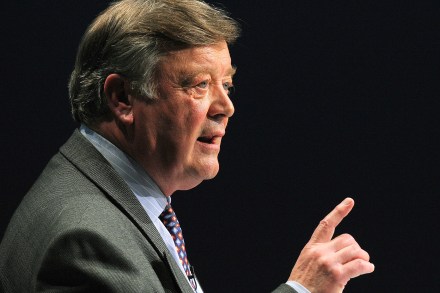Less alcohol, fewer drugs: how the British seem to be shedding their harmful habits
Gripped by his habitual despair, the French novelist Gustave Flaubert wrote to a friend in 1872, ‘I am appalled at the state of society. I’m filled with the sadness that must have affected the Romans of the 4th century. I feel irredeemable barbarism rising from the bowels of the earth.’ Warming to his bleak scatological theme, he continued, ‘I have always tried to live in an ivory tower, but a tide of shit is beating at its walls, threatening to undermine it.’ Many commentators would feel that exactly the same words could be applied to modern Britain. According to the pessimistic narrative of national decline, Britain is now drowning in



















